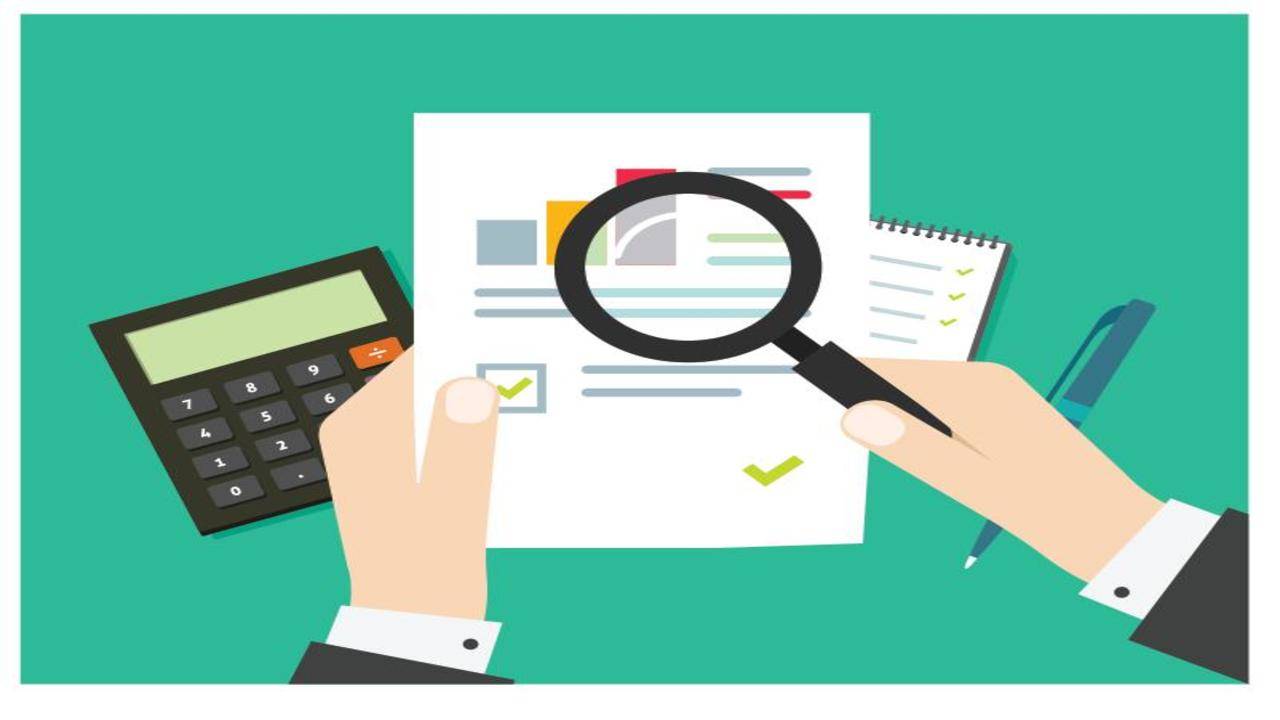CBDT notifies e-appeals scheme to ease caseload
3 minute readPublished: Wednesday, May 31, 2023 at 1:30 am

Mumbai: The Central Board of Direct Taxes (CBDT) on Monday notified E-Appeals Scheme, 2023 which will speed up hearing of appeals in I-T matters. The Finance Bill in February had proposed a new authority for hearing appeals: Joint Commissioner of Income-Tax (Appeals) or JCIT (A). As the explanatory memorandum stated there was a need to clear the bottleneck of pending cases at the level of Commissioner of Income-Tax (Appeals) or CIT(A). The newly introduced section 246 specifies that appeals against orders passed by an I-T official below the rank of joint commissioner will lie before the JCIT (A). One hopes that the pace of disposal of appeals, which have been languishing for the past five years, gets speeded up, while the quality of disposal also remains at a good level, said Gautam Nayak, tax partner at CNK & Associates. Budget proposals had stated that the JCIT (A) would hear appeals for cases where the disputed demand is smaller. Thus, it was expected that with speedier disposal of appeals, many individual taxpayers would benefit. Appeals before the JCIT or appellate commissioner are the first level of appeals that can be filed by either the taxpayer or the tax department. Litigation can then move on to the Income-Tax Appellate Tribunal (ITAT), which is the final fact-finding authority. At the next stage, the courts can hear only those cases that involve a question of law. Ketan Vajani, a chartered accountant, said that there are significant differences between the Faceless Appeals Scheme, 2021, which covers appeals before the CIT (A) and the newly notified E-Appeals Scheme, 2023, which is meant for appeals before the JCIT (A). Under the Faceless Appeal Scheme, all communication between the appellate commissioner and the taxpayer are routed through the National Faceless Appeal Centre (NFAC). Under the E-Appeals Scheme, the communication between the JCIT (A) and the taxpayer is via the portal, but it is direct as the NFAC is not involved. This will result in speedy flow of communication and should reduce the time gap in disposal of appeals, said Vajani. He added that once the appeal is allocated to a particular JCIT (A), the final order will be passed by the same official. However, the principal or chief commissioner has the power to transfer the case from one JCIT (A) to another. At the outset, the E-Appeals Scheme provides for a personal hearing via videoconference or video telephony when such a request is made. Another point, which could prove helpful to taxpayers is that admission of additional grounds of appeal and additional evidence has been made mandatory, under the scheme, where the appeal relates to an intimation passed under section 143(1), which issued by the central processing unit (CPU) after processing the I-T return that has been filed. Similarly, this is mandatory if the appeal relates to an order issued by the CPU under section 200A (relating to tax deducted at source statements). Vajani said that some issues that could crop up. For instance, an order for one year (with lesser tax effect) may have repercussions in the subsequent year, where the tax effect is much more.